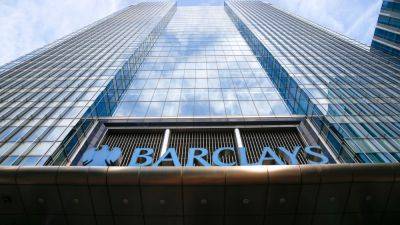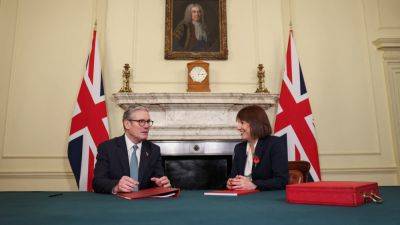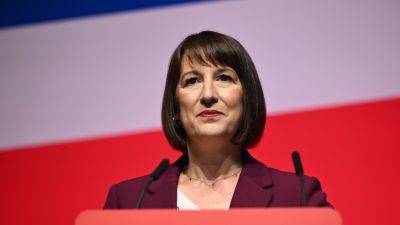UK businesses warn Labour government's tax-raising budget will hurt hiring and boost inflation
LONDON — British businesses are smarting after Finance Minister Rachel Reeves' bumper tax-rising budget, with analysts warning that the measures could slow hiring and push up inflation.
An increase to the National Insurance (NI) payroll tax paid by employers was by far the largest revenue raising measure announced Wednesday, with Reeves forecasting the move would raise £25 billion ($32.3 billion) per year over the course of the parliament.
Under the new rules, employer NI will rise by 1.2 percentage points to 15% from April 2025, while the level at which employers start paying NI for workers will drop from £9,100 to £5,000.
The widely anticipated employer levy allowed Reeves to honour the Labour government's manifesto pledge not to raise taxes on "working people," while going some way in plugging what she has claimed is a £22 billion public funding "black hole."
But business and industry analysts — as well as the opposition Conservative party — have slammed the move as disingenuous, saying that it would ultimately hit employees by limiting companies' ability to boost wages and hiring. That, they said, would in turn undermine the government's pro-growth agenda.
Roger Barker, director of policy at the Institute of Directors, a professional network for business leaders and entrepreneurs, described the tax burden as "greater than expected" and a "major blow" for business.
"This is a false dichotomy," Barker said Wednesday following Reeves' announcement. "The effects of higher National Insurance costs will hit profits in the near-term before being passed on in lower wages and lower employment," Barker added.
Businesses will also face higher costs to employ their lowest paid workers from next April, with increases to the U.K.'s







